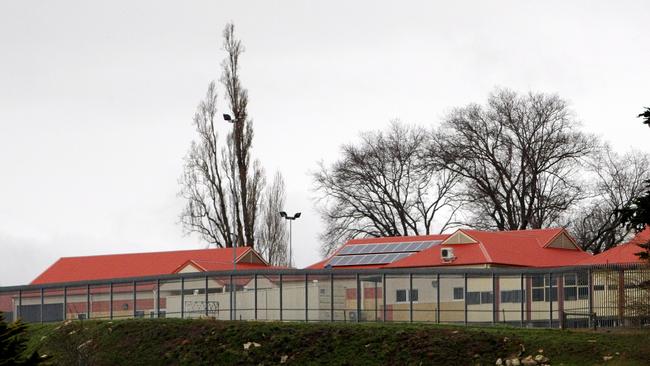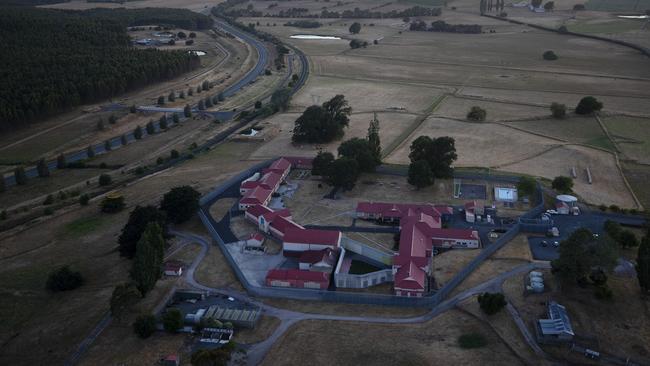State Government will no longer build a northern prison at the Ashley Youth Detention Centre
For years the state government has boasted the benefits of a prison in the state’s north, but late on Friday it was revealed the option was off the table. Here’s why.

Tasmania
Don't miss out on the headlines from Tasmania. Followed categories will be added to My News.
Plans for a $270m prison to be built in the state’s north are now off the table, in an announcement which coincides with news the site earmarked for the project may be vacated even later than expected.
Corrections Minister Madeleine Ogilvie revealed in a media release late on Friday afternoon that the prison would no longer be built.
“Following a long consultation period, the government will not proceed with the previously planned new northern correctional facility and will instead prioritise the modernisation of existing facilities, expanding rehabilitation and reintegration programs, and updating operational systems to better serve the community,” she said.
“This strategic decision is supported by a five per cent decrease in the prisoner population from its peak.”

The preferred site was later changed to a lot of land 5km out of the town, before the state government finally settled on a decision to repurpose the Ashley Youth Detention Centre (AYDC), after it announced in 2021 it would be shut down within three years.

The state government has previously said part of its reason for planning to build a northern prison was because more than half of the prison population originated from the state’s north and North West.
“The Northern Correctional Facility will support successful rehabilitation and reintegration through increased training and education opportunities and by maintaining better connections to family and other support networks in northern Tasmania,” the Department of Justice said in an update in December last year.
“It will also include an induction facility for newly received prisoners and remand sections for both men and women who have been detained in custody pending their court appearances.”
Ms Ogilvie said the government would introduce in-cell video calling technology to allow prisoners to maintain regular contact with their families.
“By enabling stronger family connections through video calls, this technology will support the rehabilitation process, reduce recidivism, and assist in the reintegration of offenders into society,” she said.
She said an existing facility would be turned into a drug and alcohol treatment centre, which will be operated by a non-government organisation.
Alternative uses for the AYDC, when it does close, will be considered.





